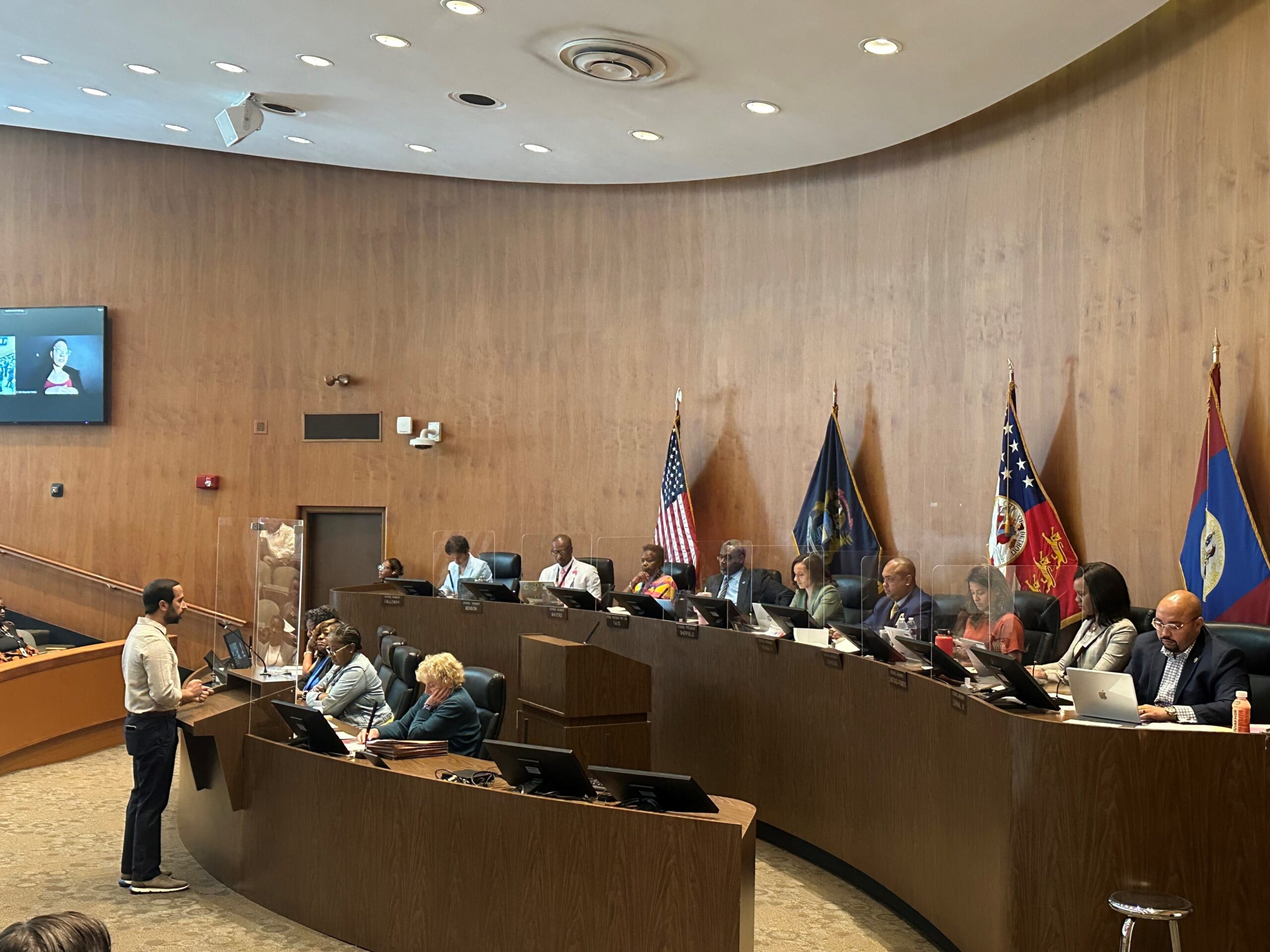Detroit Eases Licensing Rules to Support Small Business Growth

In a decisive move aimed at bolstering the local economy, the Detroit City Council has approved a series of licensing changes designed to alleviate the regulatory burdens faced by small business owners. The decision, made on Tuesday, is part of a broader initiative to stimulate entrepreneurship and economic growth in the city.
The new regulations, which will come into effect next month, streamline the licensing process, reducing the time and cost required for small businesses to obtain necessary permits. This change is expected to benefit hundreds of entrepreneurs across Detroit, particularly in underserved neighborhoods where economic opportunities have been historically limited.
Background and Rationale
Detroit has long been a city of innovation and industry, but in recent decades, it has faced significant economic challenges. The decline of the automotive industry and subsequent financial crises have left many areas struggling. In response, city officials have been seeking ways to revitalize the local economy by supporting small businesses, which are often seen as the backbone of community growth.
According to the Small Business Association of Michigan, small businesses account for nearly half of all jobs in the state. By easing licensing requirements, Detroit aims to remove barriers that have previously discouraged new ventures from starting or expanding within the city limits.
Expert Opinions and Community Response
Mayor Mike Duggan, a strong advocate for small business development, praised the council’s decision, stating, “This is a significant step forward in making Detroit a more business-friendly city. By cutting red tape, we are opening the door to more innovation and job creation.”
Local business owners have welcomed the changes. Sarah Thompson, owner of a small bakery in Midtown, expressed relief, saying, “The licensing process was a major hurdle when I first started. These changes will make it much easier for others like me to turn their ideas into reality.”
Meanwhile, the Michigan Economic Development Corporation has highlighted that similar initiatives in other cities have led to increased business registrations and economic activity. A report from Main Street America indicates that simplifying licensing can lead to a 20% increase in new business openings within the first year.
Historical Context and Comparisons
This move by Detroit is part of a larger trend seen across the United States, where cities are reevaluating their regulatory environments to foster entrepreneurship. Cities like Chicago and Philadelphia have implemented comparable measures, resulting in notable upticks in local business growth and community revitalization.
Historically, Detroit’s regulatory framework has been seen as cumbersome, a remnant of its industrial past. By modernizing these processes, the city is not only making it easier for businesses to operate but also aligning itself with contemporary economic practices that prioritize agility and innovation.
Looking Ahead
The changes to the licensing process are expected to be just the beginning of a series of reforms aimed at enhancing Detroit’s business climate. The Detroit Chamber of Commerce has indicated that it will work closely with the city to monitor the impact of these changes and suggest further improvements.
As Detroit continues to reinvent itself, the success of these measures will be closely watched by other cities facing similar economic challenges. The hope is that by fostering a more supportive environment for small businesses, Detroit can pave the way for a new era of prosperity and community development.
With the new regulations set to take effect soon, all eyes will be on the city to see how these changes translate into tangible economic benefits. If successful, Detroit’s approach could serve as a model for other urban centers looking to revitalize their economies through grassroots entrepreneurship.






